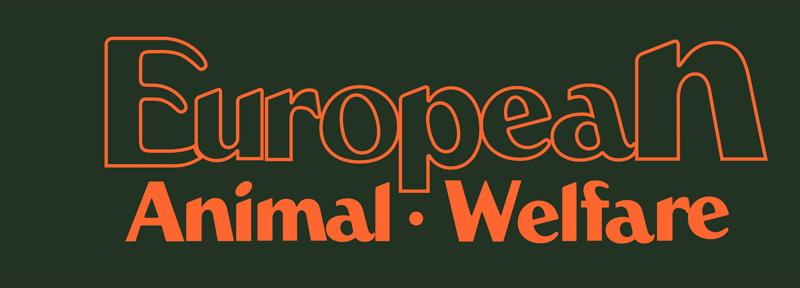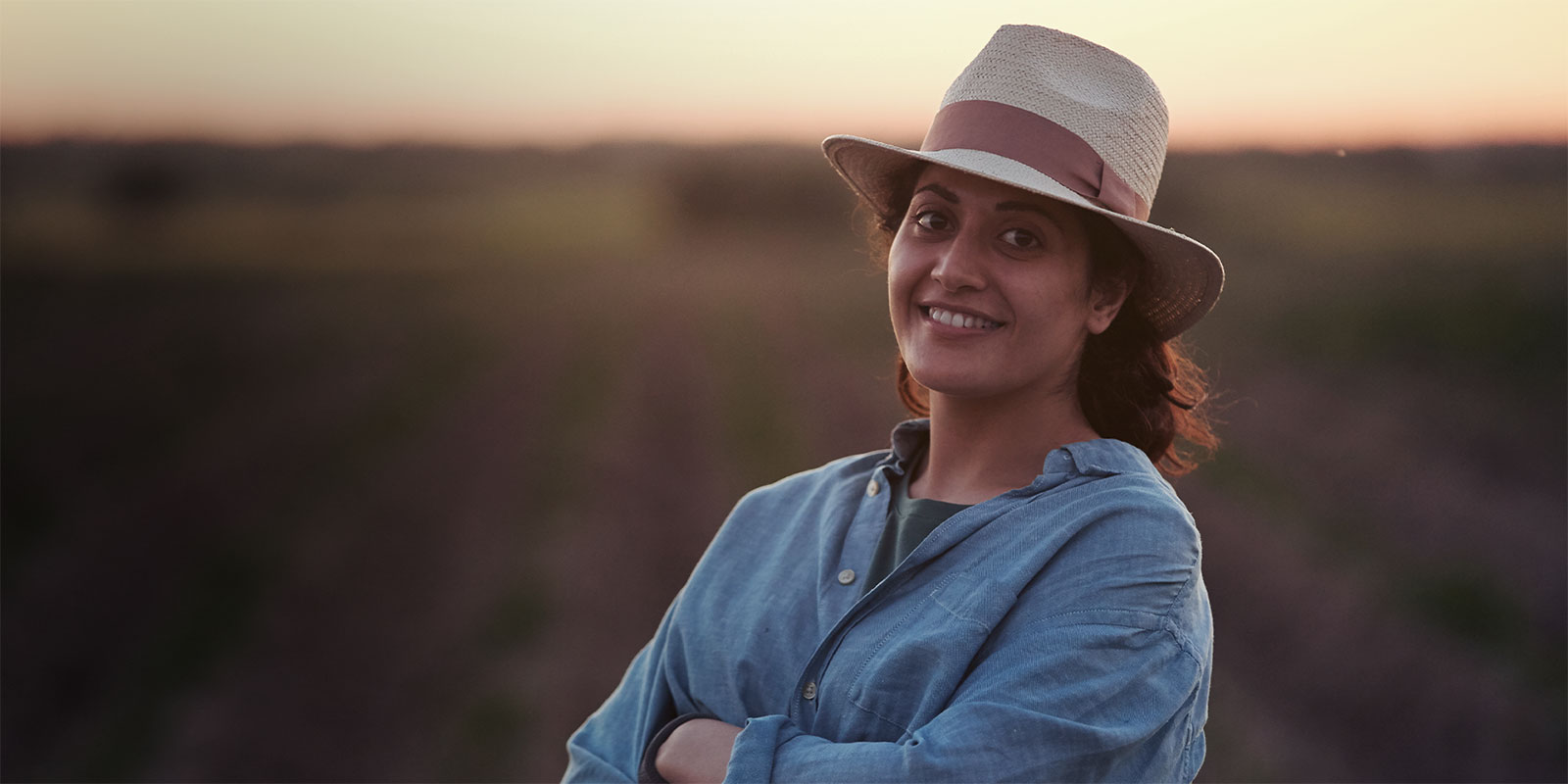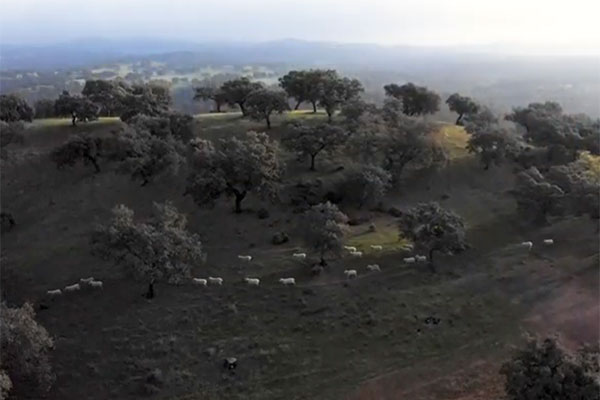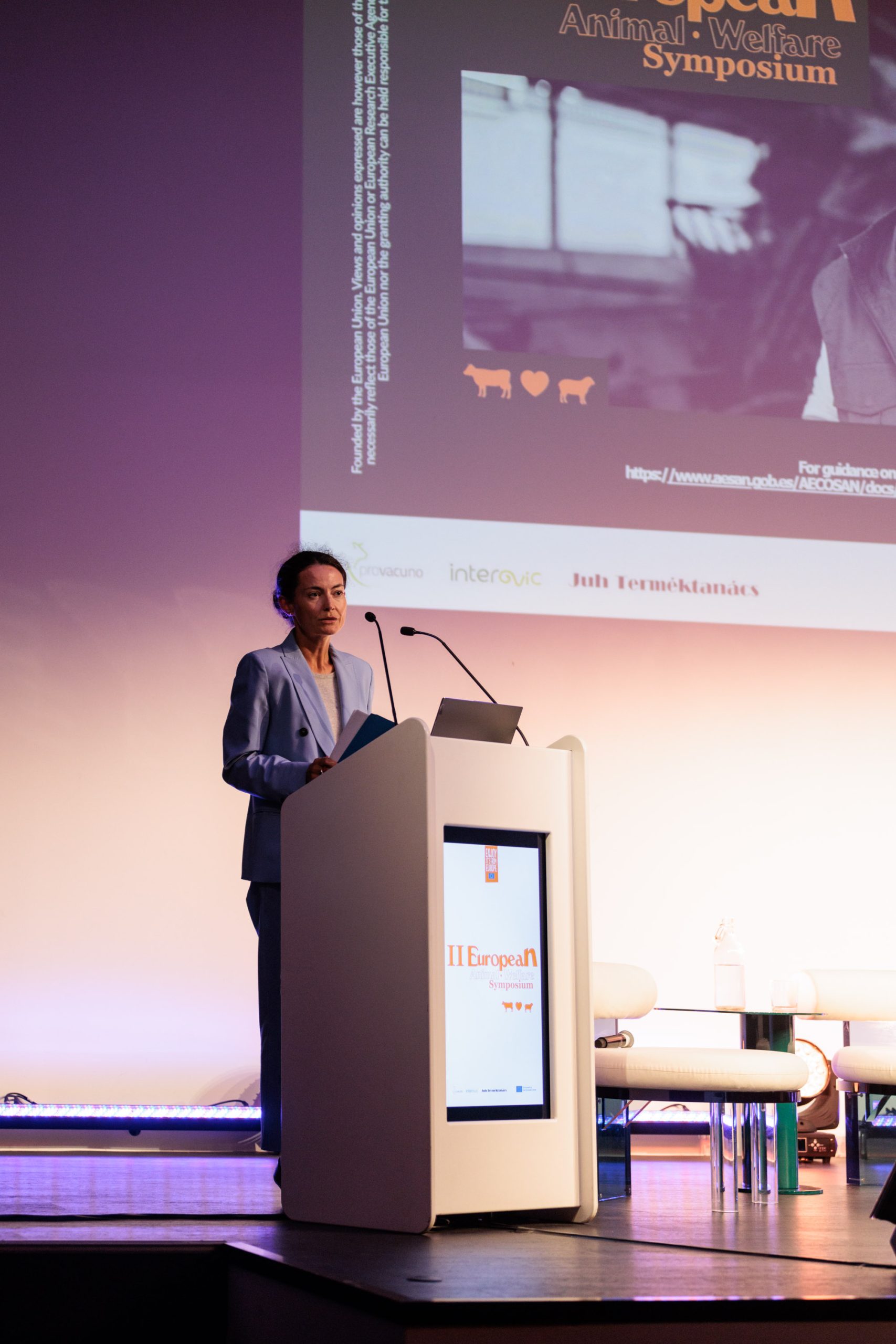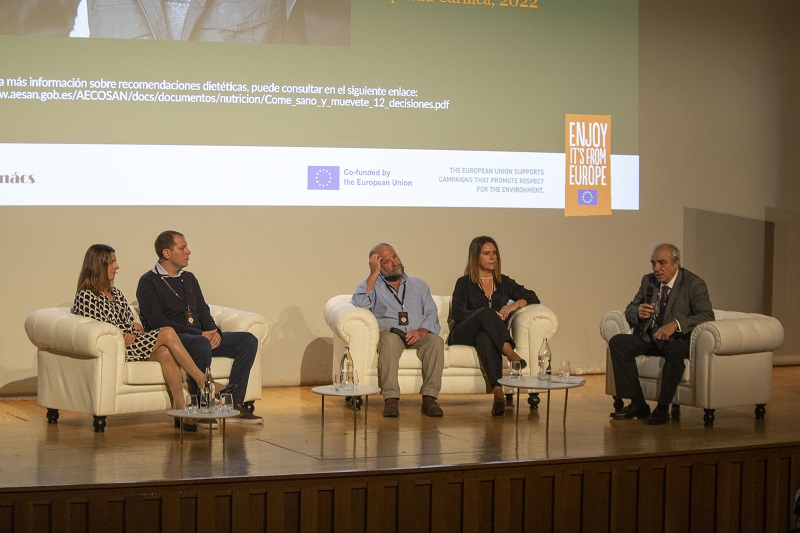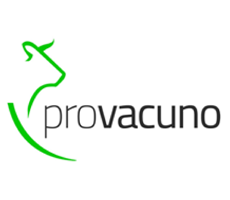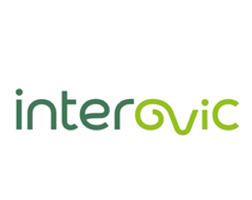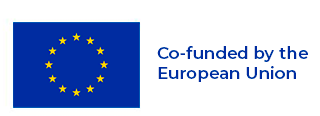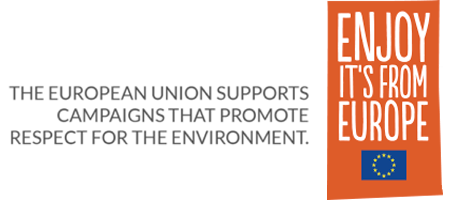More than 10,000 years ago, primitive man was already practising animal husbandry. With the passage of time, this practice improved and managed to include great improvements in the quality of life of the animals. Such was the importance of animal husbandry that it became a key driver for agriculture and vice versa, as food scraps or food unfit for human consumption were destined for livestock.
Livestock farming, and thus livestock farmers, represent a great leap in history. With the use of these practices, society evolved towards today’s consumption systems, where sustainability and responsible practices with animals are an intrinsic part of the trade.
Today, along the above lines, livestock farmers are dedicated to caring for and raising livestock. It seems a simple task, but looking after the health and welfare of their animals requires time, sacrifice and effort. So much so, that in order to ensure their production and guarantee the welfare of their animals, they do not hesitate to sacrifice almost their entire lives to the sector.
Ensuring the highest level of animal welfare is an investment that ultimately involves costs, sacrifices and passion for the animals.
The workers dedicated to the care of ruminants during the breeding process know, observe and analyse them according to certain parameters (in this case those of the European Union, the most demanding in the world). Veterinarians and breeders are present throughout the animal’s life cycle, attending pregnancies, witnessing births and monitoring the condition of the offspring. It is a job in which there is no such thing as time, weekends or holidays, as the animals still need attention and care.
Thanks to the commitment to animal welfare that is increasingly present in the lives of Europeans, factors such as the facilities, feeding and drinking troughs, even the bedding where they lie and the proportions of the rearing space, are ensured and monitored at all times. At the same time, the progress and commitment to animal care of an entire sector has meant that today’s European production systems alone can guarantee animal welfare.
Whether the production is extensive or intensive, there are sufficient parameters and indicators to monitor the animals on a daily basis and guarantee that their lives have developed in accordance with the principle of the Five Freedoms and the commitments set out in the Decalogue «European Animal Welfare Commitment».
Because, at the end of the whole process, a single truth is imperatively defended: the commitment of an entire sector depends on the welfare of its animals.
